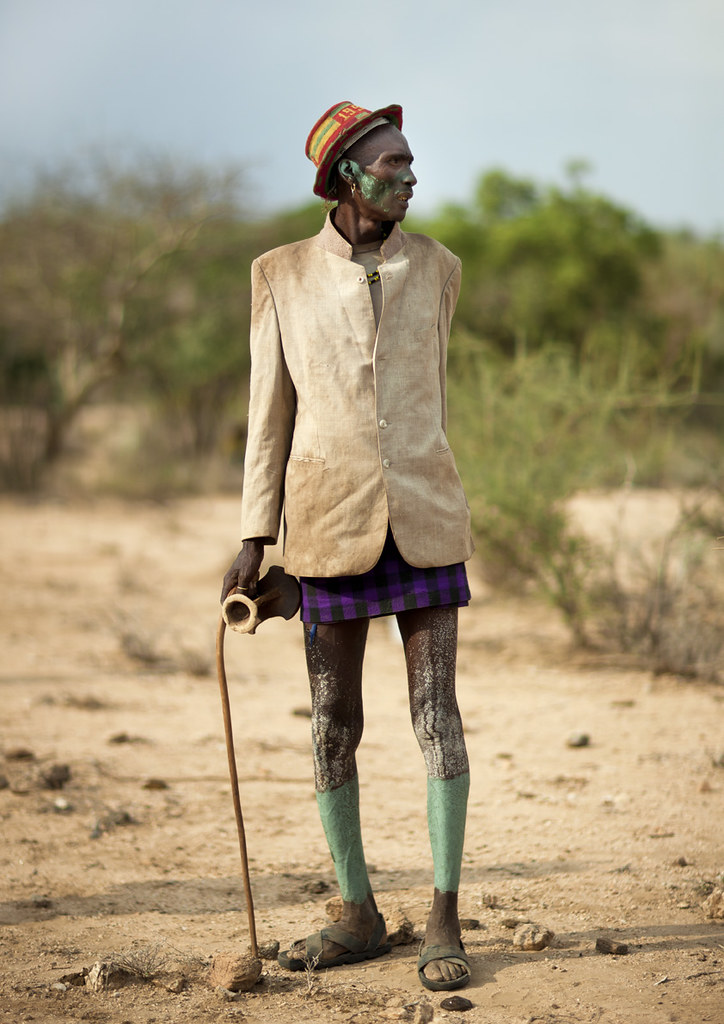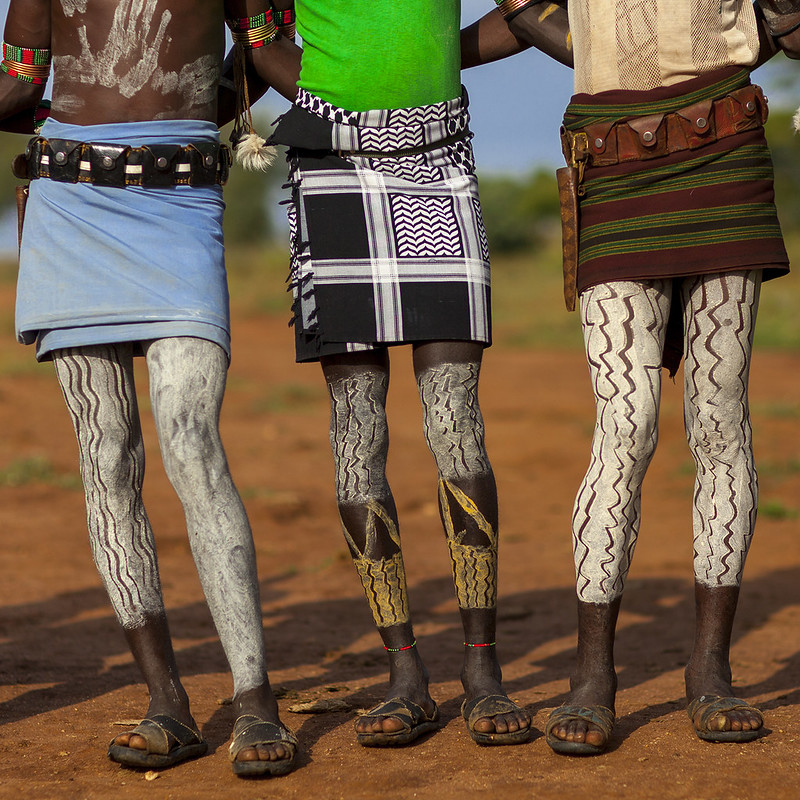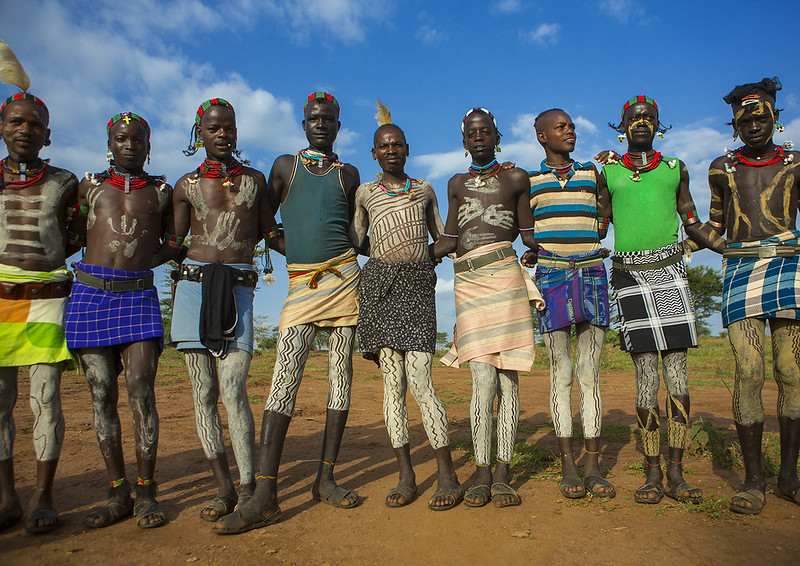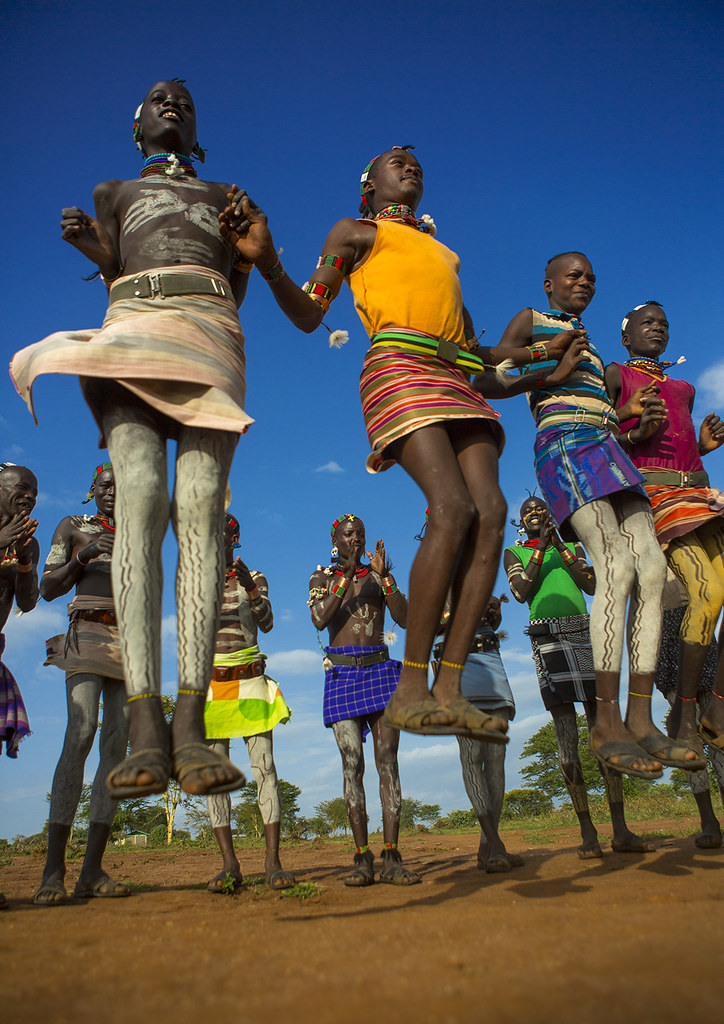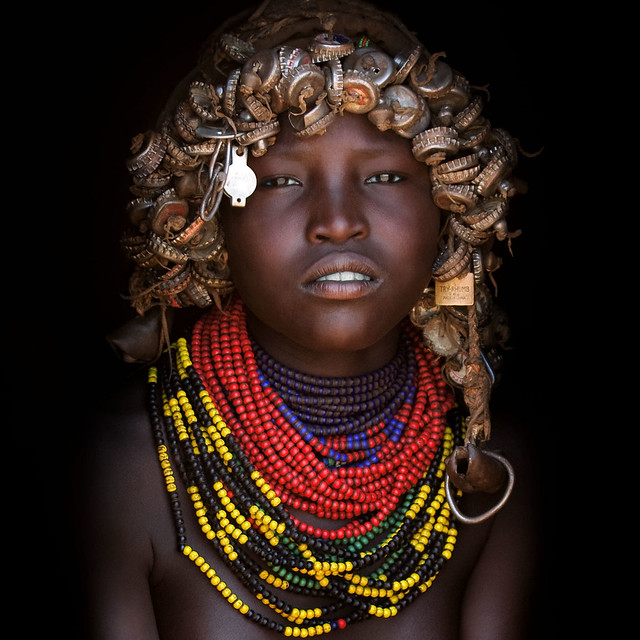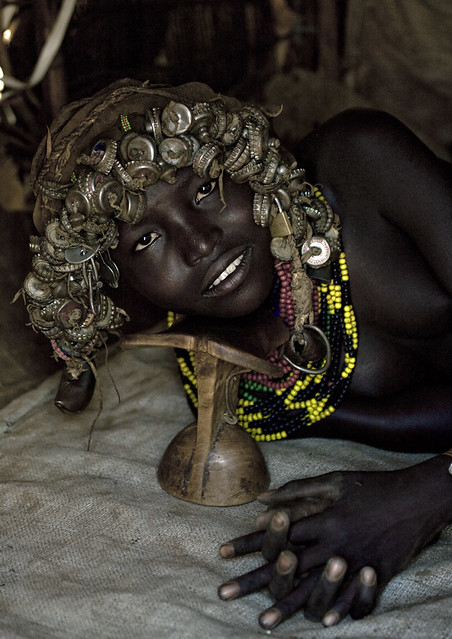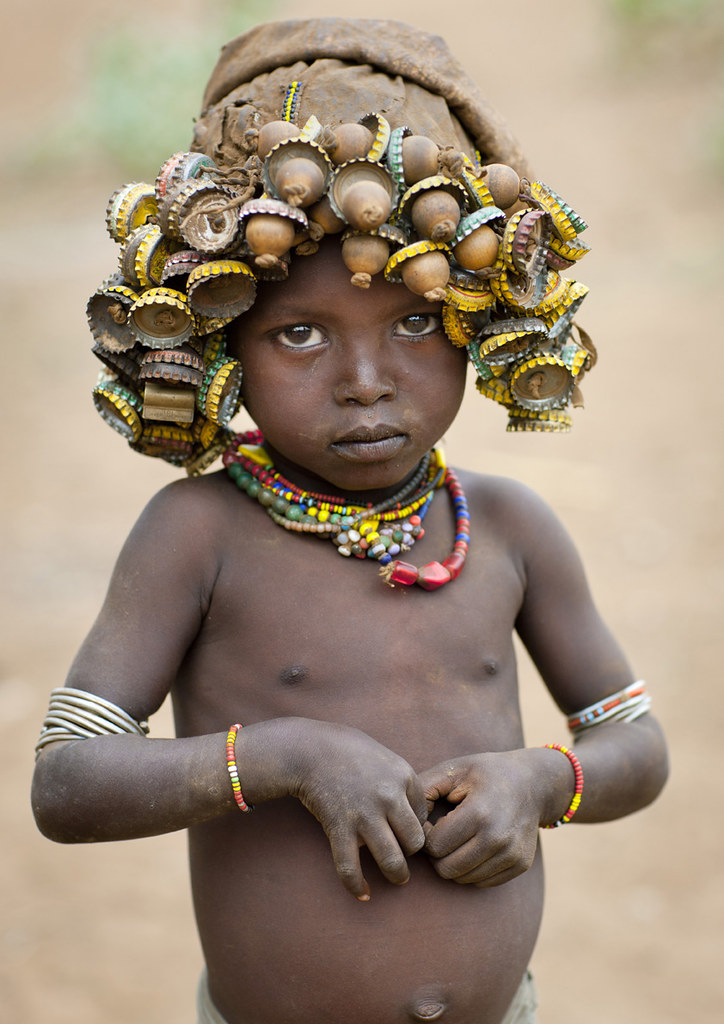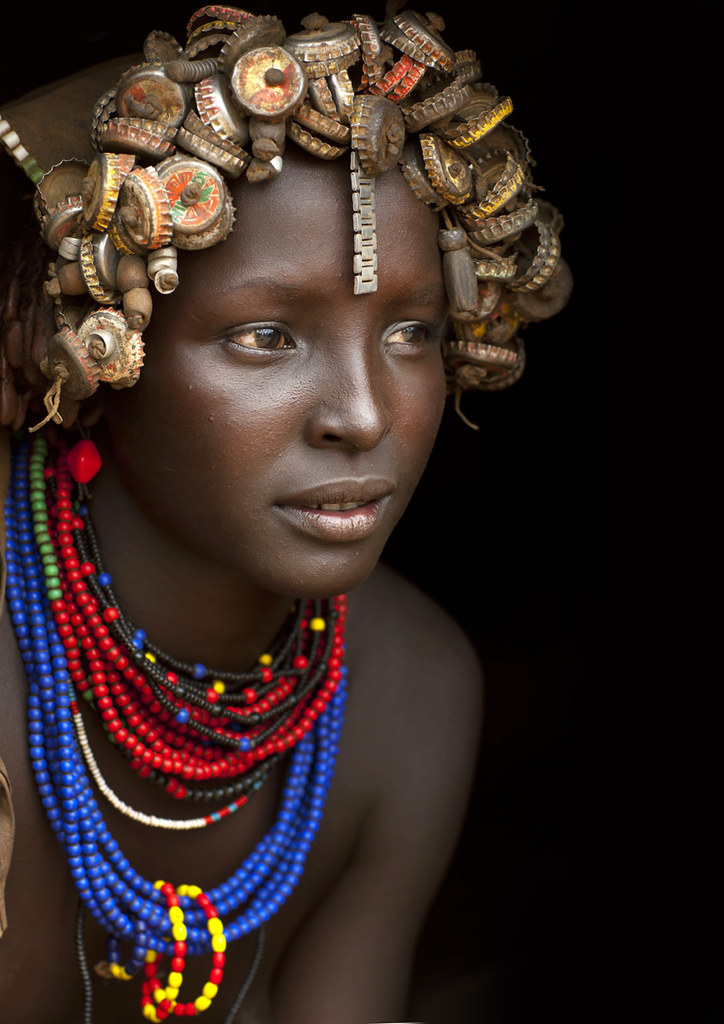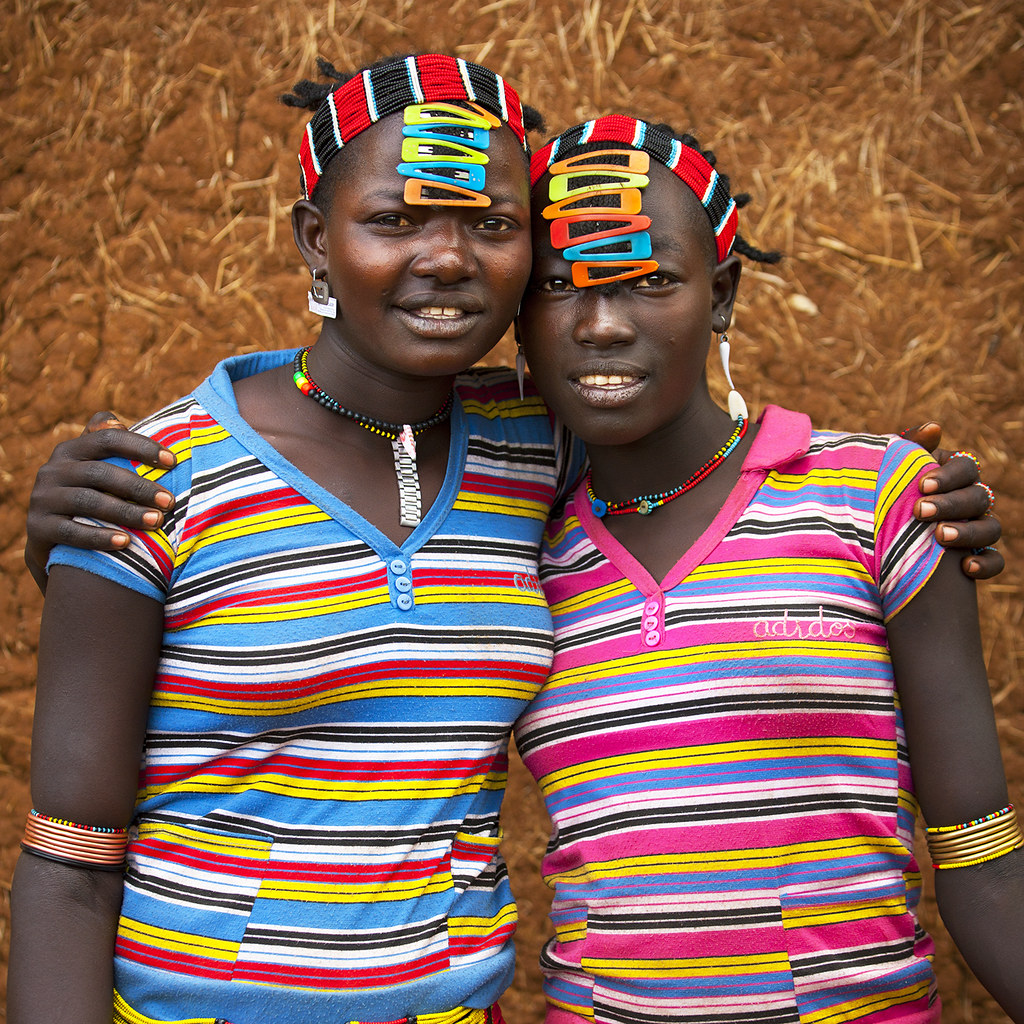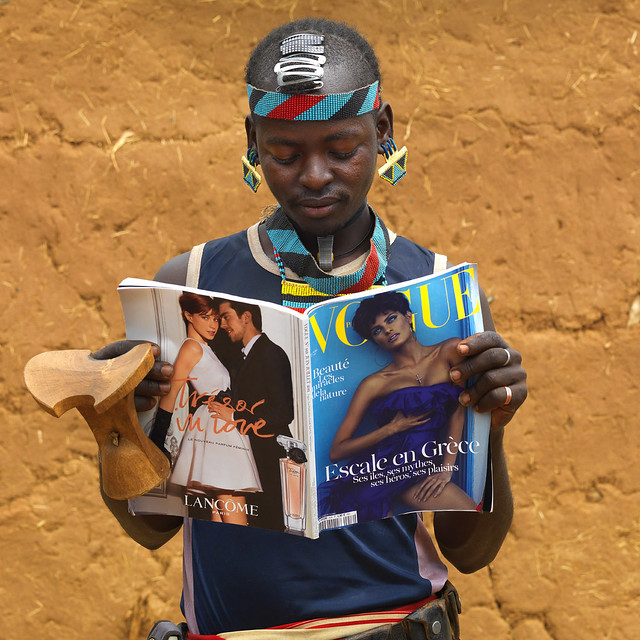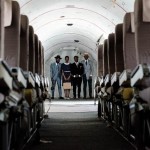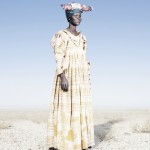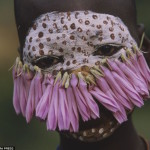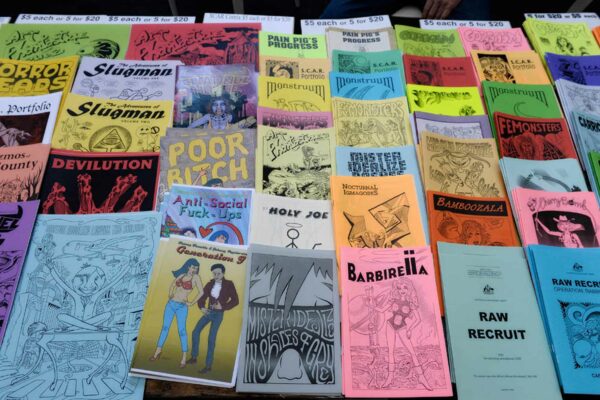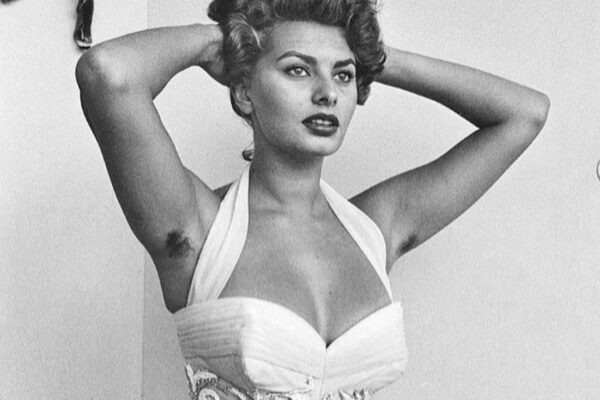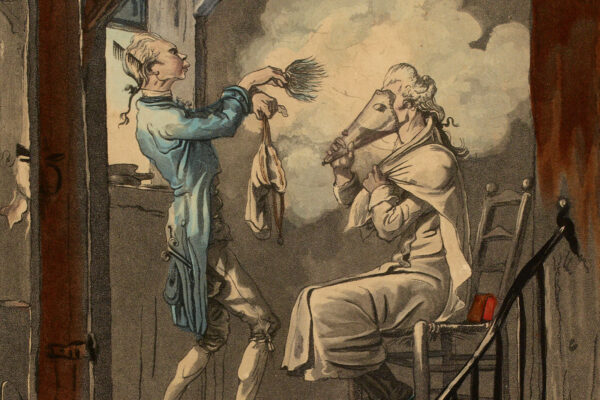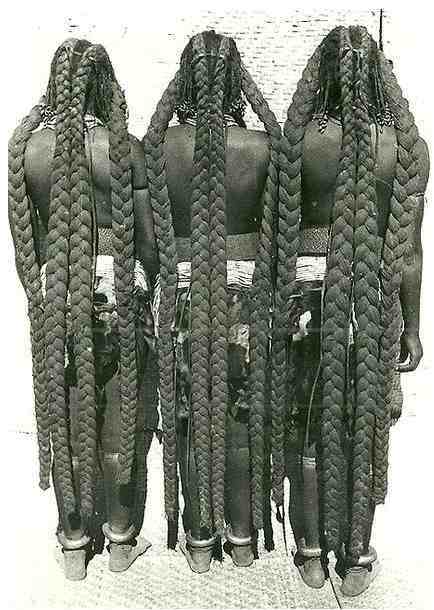
My early weekday nights are typically spent wandering the depths of Pinterest. On this occasion, I found a rather hypnotising pin board called Fashion Around the World, where I discovered these incredible African Rapunzels…
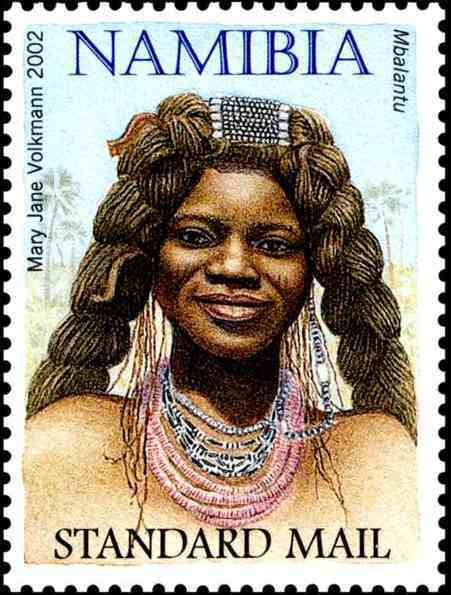
The hairstyle currently making you do a double-take is known as Eembuvi Braids, worn by women of the Mbalantu tribes from the Namibia. It’s a style that requires preparation from a young age, usually around twelve years old, when Mbalantu girls use thick layers of finely ground tree bark and oils– a mixture that is said to be the secret to growing their hair to such lengths.
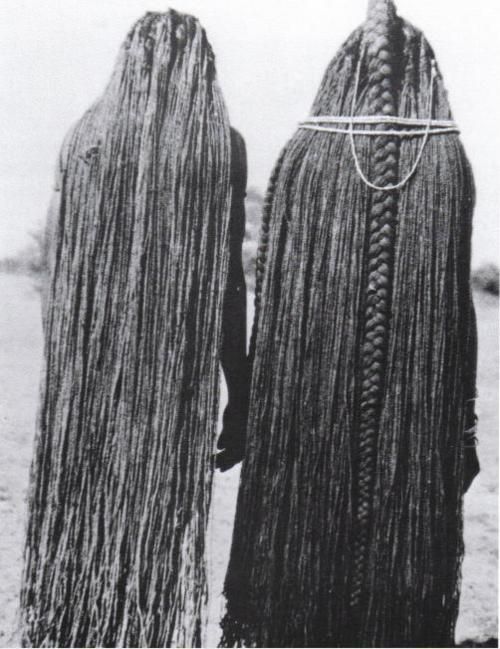
The girls will live with this thick fat-mixture on their scalp for several years before it’s loosened and the hair becomes visible. It will then be braided and styled into various gravity-defying headresses throughout their life.
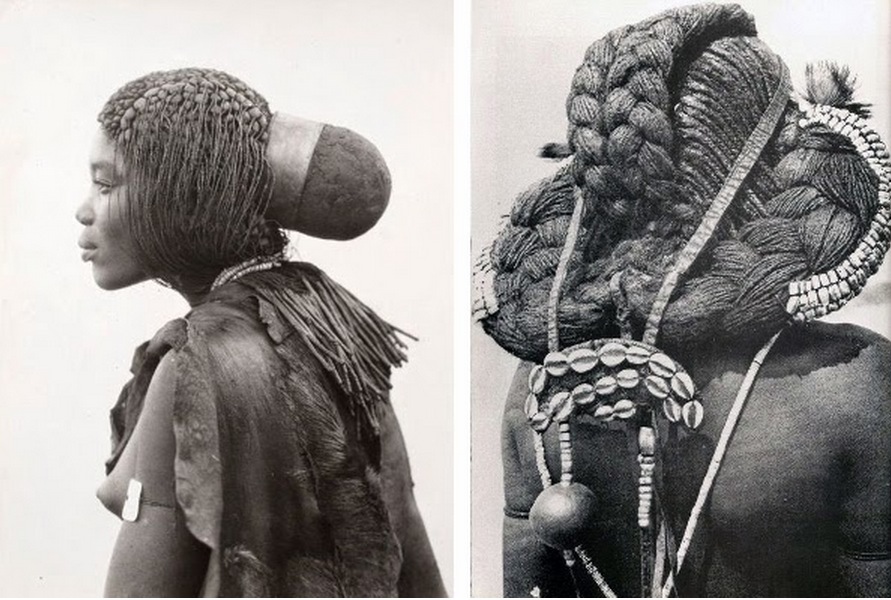
In a nod to this African heritage, a Western hairstyle emerged in the 90s known as Box Braids. You can also catch Solange Knowles and her entourage giving the do a comeback.
Further reading on the Eembuvi braids of Namibia.
Renewing my appetite for African style subcultures, I went on a bit of a hunt for some more photography of tribal trends and came across the work of Eric Lafforgue from his extensive travels in Ethiopa.
Eric Lafforgue’s Notes on Tribal Trends…
Men in (tribal) tights
Dressed for the bull jumping ceremony, Ethiopia.
“This Hamar man is part of the family of the jumper (the man who has to jump over 10 cows to have the right to marry a girl). He wears his best clothes as it is a big event in the tribe. On his legs, he has put some green colors, made with a special clay that costs a lot of money there.”
Bottle Cap Wigs
“The Daasanach people collect the caps of the Coca and beers in the bars of Omorate and make wigs with them.
Soon, there will be a bridge on Omo river, so thousands of people, cars, trucks, will pass the Dassanech villages. I felt i saw the last traditional times of this tribe.The Dassaneth or Geleb are living on both sides of the Omo river.
The Dassanetch are originally nomadic pastoralists . However, despite their dedication to cattle rearing current reality reveals that crop cultivation on the flooded banks of the Omo river and its delta are fundamental to their subsistence.”
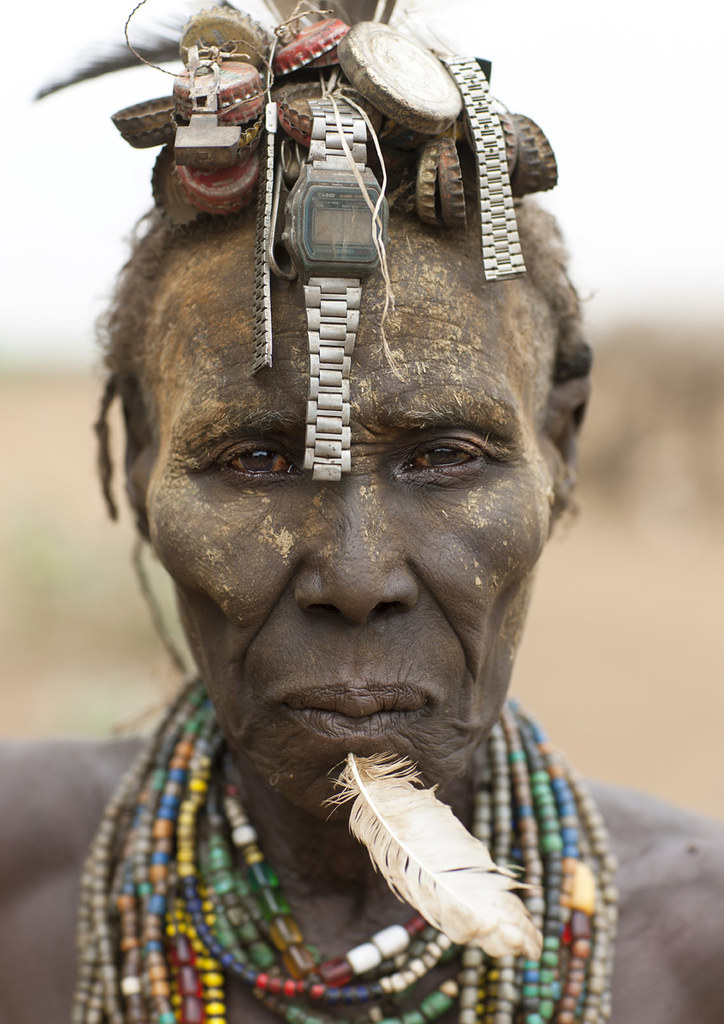
An elderly woman customises her bottle cap wig with watches from China.
Hairgrips.
“Bana are close to Hamers. In Key Afer market, once a week, you can see thousands coming with their best clothes. They can now find some stuff from all around the world, mainly from China, cheap, and start to mix and recycle everything!”
“Teenagers like to mix tradition and modernity, men also do the same.”
The Flickr photo stream of Eric Lafforgue is certainly more interesting than any issue of VOGUE magazine you’re likely to pick up.


